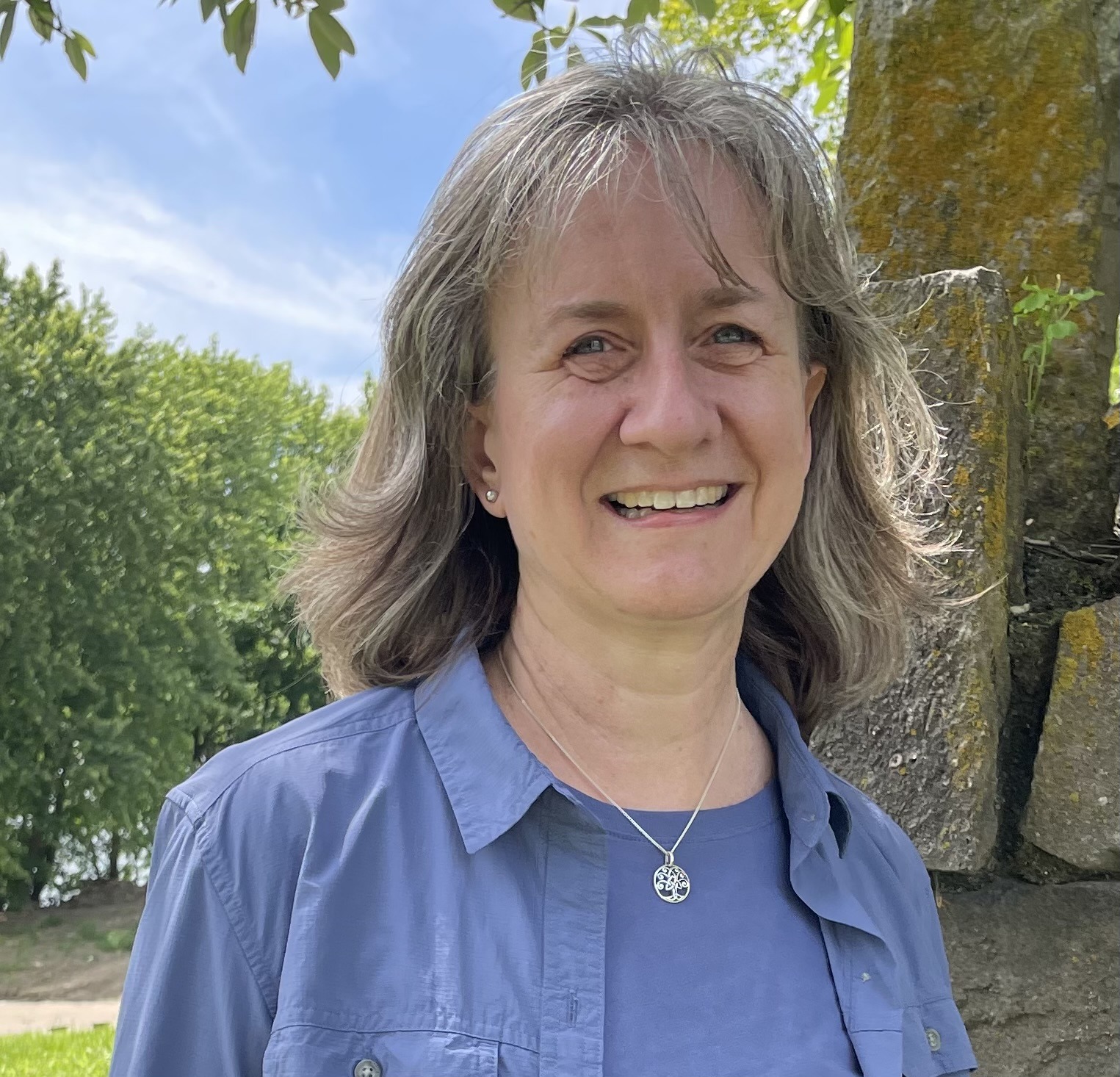
So Paul, standing in the midst of the Areopagus, said: “Men of Athens, I perceive that in every way you are very religious. For as I passed along and observed the objects of your worship, I found also an altar with this inscription,‘To the unknown god.’ What therefore you worship as unknown, this I proclaim to you. The God who made the world and everything in it, being Lord of heaven and earth, does not live in temples made by man,nor is he served by human hands, as though he needed anything, since he himself gives to all mankind life and breath and everything. – Acts 17:22-25
Reflection
Unlike the pilgrim in the psalms, Paul’s journey to God is not limited to going to the temple in Jerusalem. So, when he arrives in Athens, he is not distracted by the different directions in which the foreign objects of worship could pull him. For him these small stories point to the larger story that he has been following “The God who made the world and everything in it”. On this more encompassing journey Paul knows that he is on the threshold to that final inheritance with God (Ephesians 1:11). Because of this reality he does not hold tightly to things of the earth – either religious rules, cultural norms, or governmental institutions. He is willing to speak against anything that veers from the truth of God. But he is also able to see how God is present in the world around him. Thus, using the example of the temples in Athens and their poets, he points to God.
As we walk onto campus, or any place that God calls us, we too can carry this spirt of pilgrimage – of being so focused on the story of God that we hold lightly to the daily tasks before us, not seeing them as the end goal, but as sections of the path of the larger journey.
What story are you heading towards? I will be the first to admit that my daily and semester goals usually are the story I’m focused on, instead of God’s larger reality. When this so often happens, my world shrinks and the worries increase. Recognizing, and changing when needed, that sacred center of Christ keeps me on pilgrimage and helps me to see everything along the way as part of the journey, instead of as distractions.
Are you open to times of liminality? It can be uncomfortable to stand on that threshold of something new. Even though the university has many liminal places and moments, there is also a longing to reach a place of comfort – to obtain that degree or position and then stop. However, remaining in these places of rest when God is calling us to step out can lead us to miss God’s work in our lives.
Where are you encouraging communitas? As you more fully understand the story you are traveling towards and the uncertainty of the liminal space you are in, it’s time to also look at the people with whom you are interacting. Step outside of the boundaries around you and join with pilgrims journeying towards similar stories, inviting others to join you within the daily tasks of research and teaching.
As pilgrims on campus, in the variety of forms that these journeys will take, we can be prepared to be changed and to have opportunities to attest to God’s glory and truth in our own ‘Athens.’
Questions
- What does your pilgrimage look like in your life today?
- If you don’t see pilgrimage in your life, what story would you like to journey to? What will it take to step out on that path?
Prayer
Lord, Thank you that the temple we journey toward is not limited by space, but by where we are open to seeing you present in our lives. Amen.
Image courtesy of Picography at Pixabay.com
Note: The concluding piece of Jamie Noyd’s Scholar’s Compass series on Pilgrimage. Related: Resources focused on the graduate school journey. Help ESN Create a Devotional for Scholars.

Jamie serves with InterVarsity Graduate and Faculty Ministries as an Associate Director of Faculty Ministry and as interim Director of the Emerging Scholars Network. Among other things, in this work she enjoys the opportunity to put into practice her doctoral research in literary pilgrimage and training in spiritual direction. She also ministers with the local faculty community at the University of Cincinnati.

Leave a Reply